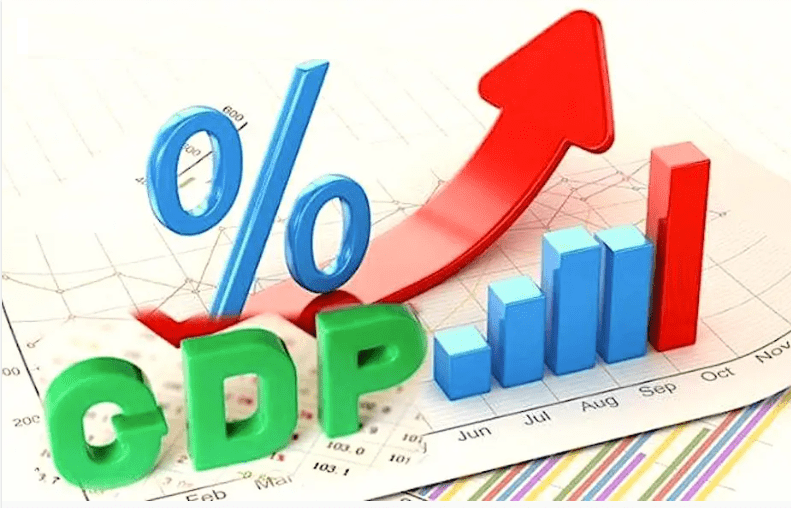Tăng thuế tiêu thụ đặc biệt với đồ uống có thể làm giảm doanh thu 24 ngành nghề
 Tạp chí Doanh Nghiệp•19/11/2024
Tạp chí Doanh Nghiệp•19/11/2024
Cú 'quay xe' của nữ sinh duy nhất được tuyển thẳng vào Trường ĐH Y dược TP.HCM

Trí tuệ nhân tạo hoạt động như thế nào?

Tp. Hồ Chí Minh - vóc dáng của một 'siêu đô thị' hiện đại

Loạt sự kiện hứa hẹn sẽ đưa hình ảnh Bình Định vươn xa

Những khoảnh khắc gần gũibình dị của Tổng Bí thư Nguyễn Phú Trọng

Lễ thượng cờ trang trọng kỷ niệm 57 năm Ngày thành lập ASEAN

Giới trẻ đua nhau check-in mùa thu Hà Nội dưới trời 38 độ C

Suối mơ bên rừng thu vắng

Trào lưu biến mỗi mái nhà thành một lá cờ Việt Nam gây sốt mạng

Mùa thu dịu dàng trên vịnh Vân Phong






































Comment (0)